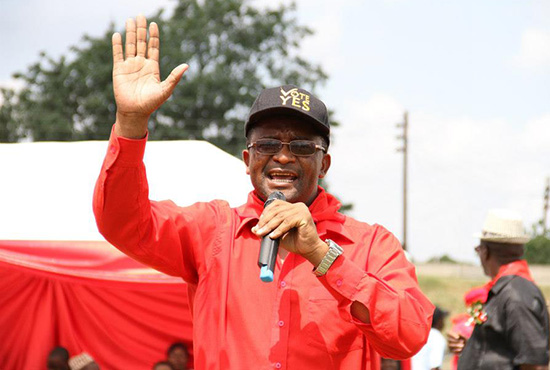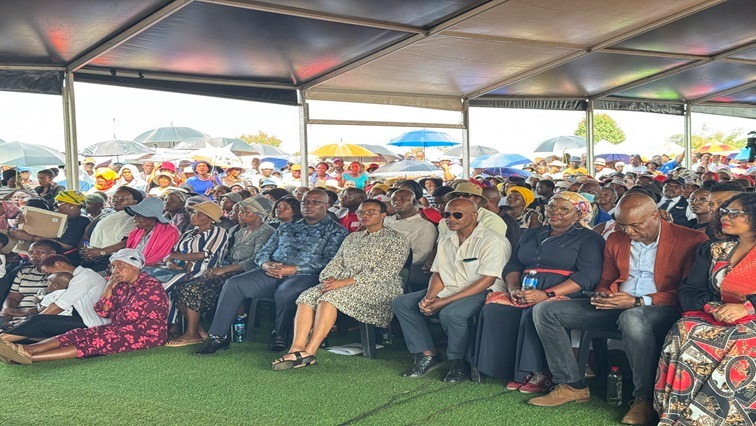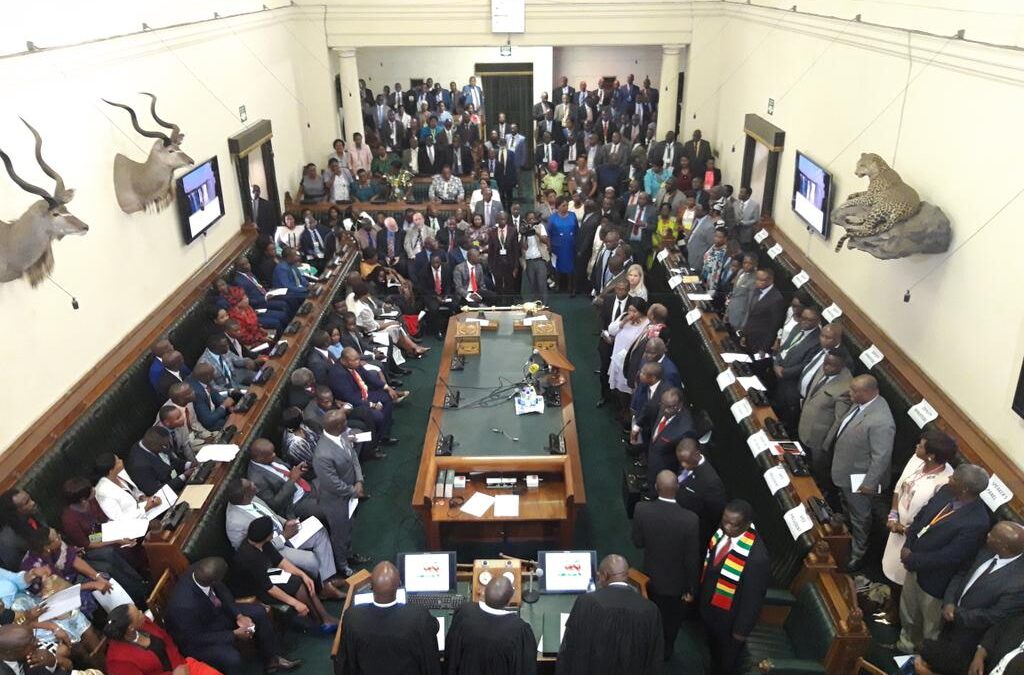Tendai Ziso
Social media has been awash with the reports alleging that the Zimbabwean government has deployed its army in a joint operation with Angolan military forces to Mozambique to contain an Islamic insurgency in Cabo Delgado.
Fresh details also emerged that forces from 1 Commando Barracks are currently stationed at 3 Infantry Brigade in Mutare, with reports further stating that an advance team was sent to Cabo Delgado. The Permanent Secretary in the Ministry of Information, Publicity and Broadcasting Services has denied these reports on his official twitter account on Monday.
“Zimbabwe has not deployed the Zimbabwe Defence Forces (ZDF) in Mozambique,” reads the tweet.
Whether the reports are true or false, the question on everyone’s mind is centered on whether Zimbabwe is justified to deploy its army to Mozambique or not. Before coming to a conclusion, one should appreciate the security situation in the country’s Eastern neighbor to understand why Zimbabwe has to intervene to restore peace.
The Mozambican Insurgency in Cabo Delgado is an ongoing military conflict between Islamist militants attempting to establish an Islamic state in the region, and Mozambican security forces. The conflict, which started in the last quarter of 2017 has claimed the lives of about 1000 people while 100 000 civilians have been displaced according to the United Nations’ human rights body.
Reports are also saying the military insurgents are attacking and raiding police stations, government buildings, and concerns are rising over the possibility of them attacking the country’s $60 billion gas project in the region.
On 22 April, BBC reported that villagers in Cabo Delgado province were “massacred”, with some beheaded, after some people refused to be recruited into the militant group. Hundreds have been killed and thousands displaced during the three-year insurgency in Cabo Delgado.
This prompted Mozambique’s President Fillipe Nyusi to call President Emmerson Mnangagwa for an emergency meeting on 1 May where the two leaders discussed the security situation in Cabo Delgado.
President Mnangagwa chairs the SADC Organ on Politics, Defence and Security, a position which gives him the mandate to intervene and promote peace through mediation or military intervention.
As the chair of the region’s defense and security unit, Zimbabwe has the mandate to intervene to restore peace as stated in Article 6 of the Mutual Defence Pact 2003 which states that: “An armed attack against a State Party shall be considered a threat to regional peace and security and such an attack shall be met with immediate collective action.”
The situation is now a huge security threat in the SADC region considering the huge loss of life, property, and displacements that have taken place hence Zimbabwe has to act to restore order.
Zimbabwe’s intervention can also be justified by the need to protect key infrastructure like the Companhiado De Pipeline Mozambique-Zimbabwe (CPMZ) fuel pipeline, which transports fuel from Beira to Harare and routes that are used by the country for trading purposes as they may be tempered with if the insurgents are not contained.
The Islamist terrorists have spread their acts of violence to some parts of Mozambique like Manica and Sofala and this indicates that their acts may reach areas with key infrastructure to Zimbabwe.
Zimbabwe can also use the intervention to establish business ties that are beneficial to the country.
President Mnangagwa can use the “I scratch your back, you scratch mine” principle to secure electricity from Hydro-Cahora Bassa and also tap into the country’s natural gas which is estimated to be worth $60 Billion.
It would require our leaders to conduct a serious cost-benefit analysis should they decide to send a military expedition to Mozambique as it may bring both good and results to the country.





0 Comments